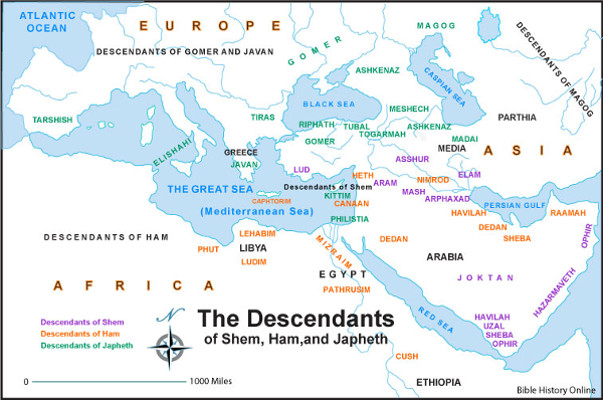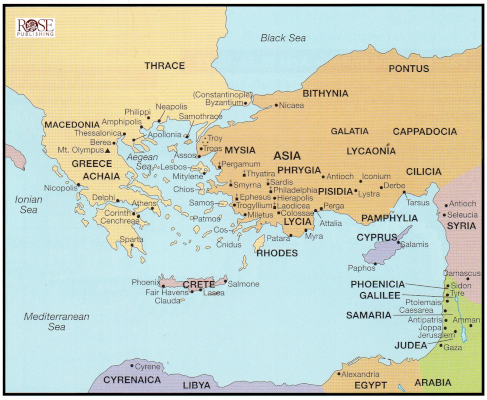

Christians today should be very thankful for the gift of the Holy Spirit that Jesus made
available to us when we accept Him as our savior.
Although priests still have a purpose, no longer is there a need for an intercessor because we can pray directly to God.
In Luke 24:49-51 after Jesus' resurrection, Jesus asked the disciples to remain in Jerusalem until the time was right.
49. I am going to send you what my Father has promised; but stay in the city until you have been clothed with power from on high."
50. When he had led them out to the vicinity of Bethany, he lifted up his hands and blessed them.
51. While he was blessing them, he left them and was taken up into heaven.
On the day of Pentecost, the Holy Spirit descended on the disciples
as promised by Jesus Christ as recorded in John 20.
20. After he said this, he showed them his hands and side. The disciples were overjoyed when they saw the Lord.
21. Again Jesus said, "Peace be with you! As the Father has sent me, I am sending you."
22. And with that he breathed on them and said, "Receive the Holy Spirit.
23. If you forgive anyone his sins, they are forgiven; if you do not forgive them, they are not forgiven."
Acts 2:
1. When the day of Pentecost came, they were all together in one place.
2. Suddenly a sound like the blowing of a violent wind came from heaven and filled the whole house where they were sitting.
3. They saw what seemed to be tongues of fire that separated and came to rest on each of them.
4. All of them were filled with the Holy Spirit and began to speak in other tongues as the Spirit enabled them.
5. Now there were staying in Jerusalem God-fearing Jews from every nation under heaven.
6. When they heard this sound, a crowd came together in bewilderment, because each one heard them speaking in his own language.
7. Utterly amazed, they asked: "Are not all these men who are speaking Galileans?
8. Then how is it that each of us hears them in his own native language?
9. Parthians, Medes and Elamites; residents of Mesopotamia, Judea and Cappadocia, Pontus and Asia,
10. Phrygia and Pamphylia, Egypt and the parts of Libya near Cyrene; visitors from Rome
11. (both Jews and converts to Judaism); Cretans and Arabs--we hear them declaring the wonders of God in our own tongues!"
The scripture also allows us to get a glimpse of people alive at Pentecost. As we see from the Table of Nations image, the Parthians, Medes and Elamites resided west of Mesopotamia in what we now know as Iran (western Asia). Jerusalem itself was part of Judea. Many from Asia Minor (modern Turkey) came from Cappadocia, Pontus and Asia, Phrygia and Pamphylia. They also had African visitors from Egypt and Libya as well as Rome, Italy in Jerusalem that day.

